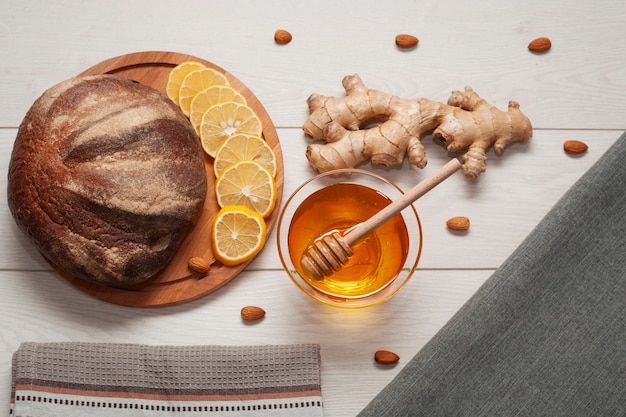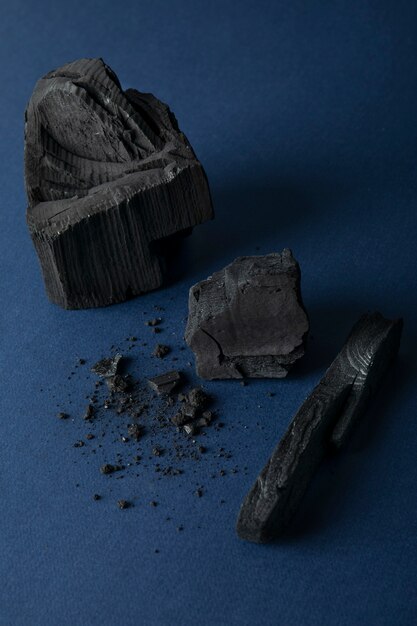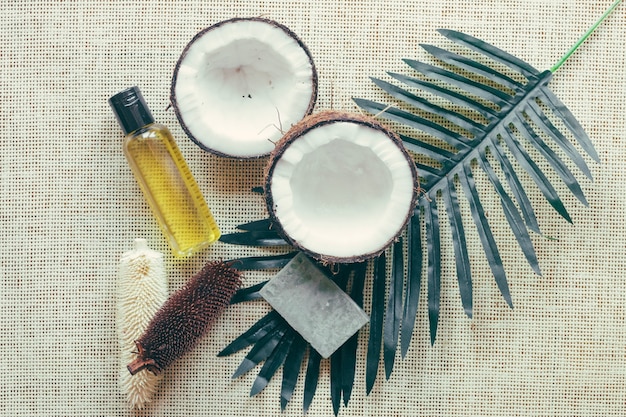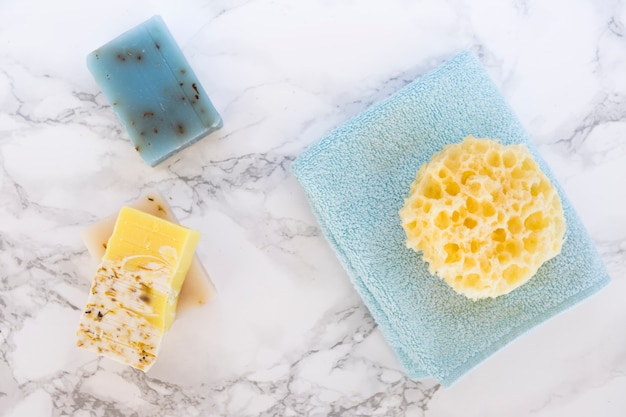
Turmeric, a key ingredient in curry, originates from southwest India and belongs to the ginger family. Its roots, known as rhizomes, can be consumed fresh or ground into a powder. With its earthy aroma and slightly bitter, peppery taste, turmeric has been a staple in Chinese and Ayurvedic medicine for over 4,000 years, renowned for treating digestive issues, enhancing circulation, and aiding in wound healing.
Recent research highlights turmeric’s potential in treating and preventing various medical conditions. Curcumin, its primary active compound, boasts anti-inflammatory, antioxidant, antibacterial, antifungal, and antiviral properties. Apart from its health benefits, turmeric also works wonders for the skin, thanks to curcumin.
1. Speeds up Healing: A clinical trial showed that turmeric cream accelerated wound healing in women recovering from caesarean sections. Compared to a control group, those treated with turmeric had significantly lower REEDA scores (a measure of wound severity) after 7 days and 2 weeks.
2. Controls Oily Skin: Turmeric cream reduced facial oils by nearly 25% over three months in individuals with oily skin, likely due to its fatty acids and phytosterols content.
3. Protects from Sun Damage: Turmeric extract applied to UV-exposed skin in studies prevented skin thickening, wrinkles, and pigmentation changes by inhibiting MMP-2, an enzyme that degrades collagen.
4. Anti-Aging Benefits: Curcumin’s anti-inflammatory and antioxidant properties combat aging by protecting against cellular damage and improving skin elasticity and pigmentation.
5. Prevents Skin Cancer: Studies suggest curcumin’s ability to induce cell death in cancer cells while preventing their formation, particularly in melanoma, basal cell carcinoma, and squamous cell carcinoma.
6. Treats Chronic Skin Conditions: Curcumin’s anti-inflammatory effects alleviate symptoms of eczema, psoriasis, and other inflammatory skin conditions by blocking NF-κB, a protein complex involved in inflammation and immune responses.
To integrate turmeric into your skincare routine:
– Oral Capsules: High-curcumin supplements are effective when taken with black pepper for better absorption.
– Culinary Use: Incorporate turmeric into daily meals to benefit from its health properties, although cooking can reduce curcumin content.
– Topical Applications: Apply turmeric directly to the skin using masks or creams to enhance hydration and reduce inflammation.
Experiment cautiously with turmeric, as it can temporarily stain the skin and fabrics. Nonetheless, its manifold benefits for both health and skincare make it a valuable addition to any wellness regimen.



